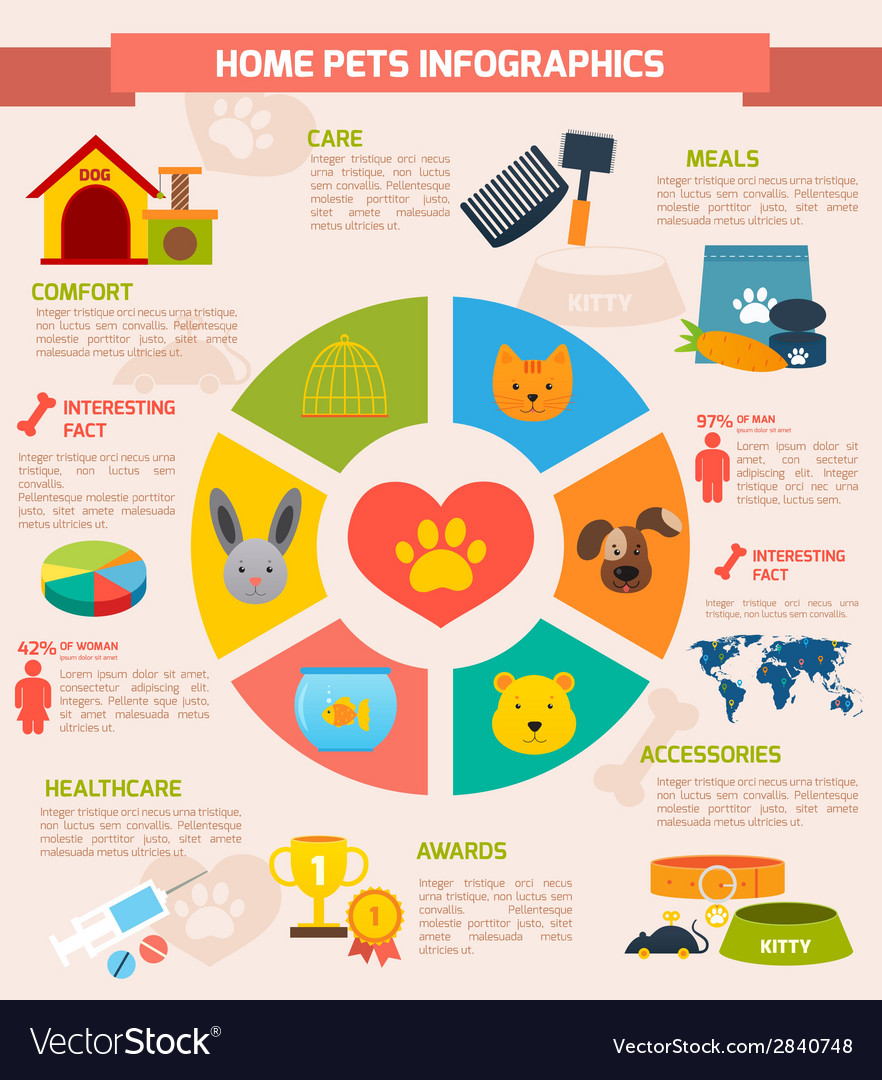Whether your dogs hang around at day care or boarding facilities, they require to be updated on all of their called for inoculations. Core vaccines consist of Bordetella, rabies and DA2PP, which guard against common conditions that canines are exposed to when in close contact with others.
Non-core vaccinations include canine flu and leptospirosis shots. These are suggested for pups that join various other canines regularly.
Core Vaccines
As a critical part of precautionary treatment, canine vaccinations help maintain pets risk-free from transmittable illness sent through straight contact or polluted surface areas. Vaccines promote the body immune system to create antibodies that combat condition, and many veterinarians consider core canine vaccinations to be essential for all family pets.
Rabies
Many trusted pet dog daycare facilities call for that your pet be up to day on their rabies vaccination. Vaccinations are provided to pups as early as 12-16 weeks old, and boosters are needed every 3 years approximately until adulthood. Rabies is a deadly viral disease that spreads out via saliva, generally from attacks. The majority of states call for rabies vaccinations for all canines and felines, and some also mandate rabies boosters for pet owners.
Distemper/Parvovirus/Adenovirus (DHPP).
This combination injection covers canine distemper, parvovirus, hepatitis, and adenovirus, all of which are highly contagious. Many veterinary offices supply DHPP vaccinations as one shot or in a series of two to four shots, provided 2-4 weeks apart, complied with by a yearly booster. This vaccination is a need for the majority of boarding and doggy daycare facilities, as well as numerous groomers.
Bordetella/Canine Parainfluenza Injection.
Bordetella bronchiseptica, generally called kennel coughing, is a really contagious respiratory infection caused by the bacteria that causes the disease. Symptoms include persistent coughing, sneezing, nasal discharge, and fever. Most kennel cough outbreaks occur in crowded environments, such as daycare or boarding facilities, and are pet boarding near me for dogs particularly typical in warmer weather condition. This injection is a demand for a lot of childcare and boarding centers, and is usually supplied in a mix with the DHPP vaccination.
Leptospirosis Vaccination.
This is a microbial illness that spreads out with polluted water, soil, and urine. Infection can create kidney and liver damages, along with fatality, and is transmissible to people. Many vets will certainly advise this injection, based on geographic location and way of living of the pet, for pet dogs that hang out outdoors or at boarding facilities, as well as some groomers. This vaccine is usually carried out as a collection of two to four shots, spaced 2-4 weeks apart, with an annual booster needed for the majority of family pets.
Lyme Illness Vaccine.
The most usual tick-borne illness in the United States, Lyme disease is transmitted by the deer tick and can cause high temperature, joint pain, muscular tissue pain, and loss of appetite. The Lyme condition vaccination secures versus one of the most common stress of the virus, including the H3N8 and H3N2 strains. Most vet facilities advise this vaccination, specifically in risky areas, such as the Northeast, upper Midwest, Mid-Atlantic, and along the Pacific coast.
Noncore Vaccines.
Other dog vaccinations, while not essential for all family pets, are suggested based on the canine's lifestyle and geographical location. These consist of the following:.
